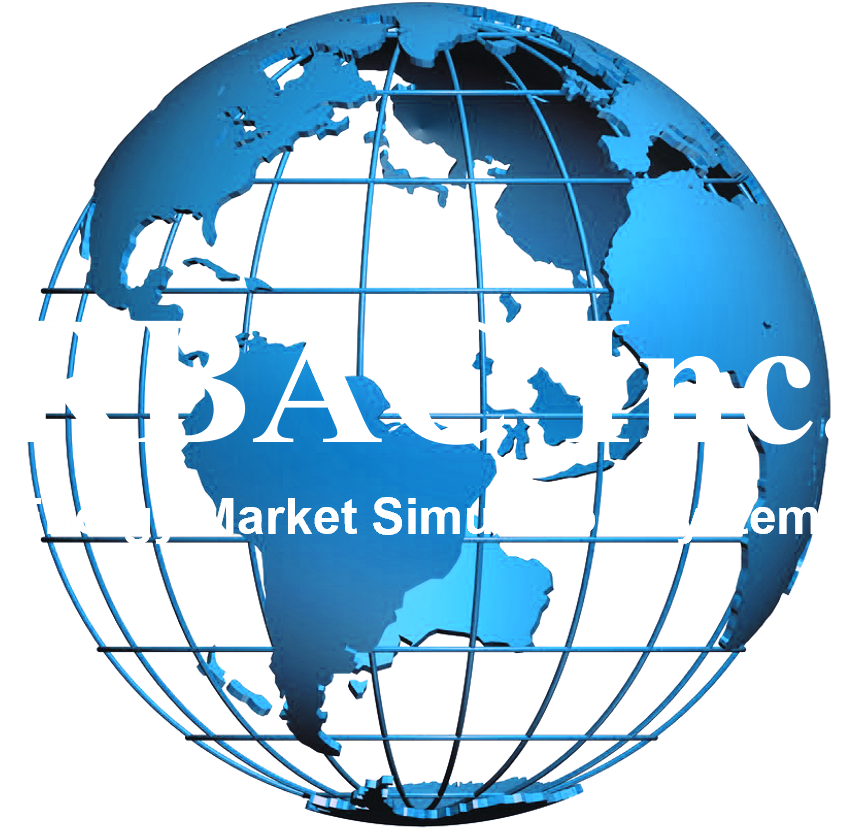
We may hear the words “energy transition” much more often in recent years, yet the technology of energy production has been in transition and development since day one, the discovery of fire. We’re always in transition. We’re always evolving.
EV, Solar and wind power technologies have improved. So, there wouldn’t be any problems with a fast transition to renewable energy systems, would there?
Yes, there would.
The problem is, despite the talk of reductions in costs in renewable energy (wind and solar) for producing electricity, what’s missing is the trend in the costs of materials, as well as their environmental impacts.
Let’s look at a “fast” (read “abrupt”) transition.
A fast energy transition would be dependent on huge increases in mining. For example, an EV (electric vehicle) needs six times more minerals than a conventional car. With almost 290,000,000 cars in America and less that 1% EVs, what would a switch take?
It would take an immediate skyrocketing of mining production for a range of minerals such as graphite, aluminum, lithium and rare earth elements for use in batteries and largely controlled by China, and of copper largely controlled by Chile.
An oft less considered topic is the increased infrastructure needed for electrification. Some studies have reported the need for doubling our high-voltage power infrastructure to get lines out to where the wind blows and where the sun shines. It would also assume a national power grid, rather than regional, but let’s keep it simple. Doubling our 700,000 miles of power lines would also need approximately 45 million metric tons of Aluminum in the power lines alone. Although more likely we’d be looking at a lot more with bigger power lines needed for higher electrification and a modernization of the system. To give some perspective, China’s mining output is about 38 million metric tons and the US is about 0.8 million metric tons.
So, we could see the challenge here of any kind of transition. There is a lot needed to get from point A to point B. But we may never arrive if we don’t have the energy to get there. Imagine the technician arrives to take out your cooking stove says, “you can’t cook with that anymore,” but doesn’t replace it. You’ve got no stove. And you wonder how you will cook.
There is a principle which could be stated as, “don’t un-mock a working installation,” meaning, “don’t dismantle something which works,” especially on the promise of something else which is unknown.
The truth is that the world has always been transitioning from one technology to a better one and will continue to do so. But trying to force an abrupt transition is beginning to have very substantial and destabilizing effects on countries not only in Europe, but across the globe, the latest and most blatant being Sri Lanka.
And when media such as a Vox call out the danger of such an abrupt transition, you know that there must be truth in what the energy industry has been saying for a long time. Vox said, “Moving away from an agrochemical-heavy food system makes sense in a lot of ways, but the Sri Lanka example underscores the importance of being mindful of the economic, political, and social context of any reform.”
And that is what is happening: calls for an immediate cessation of the use of fossil fuels—a dismantling of what is working—and a fast conversion to renewables when these alternatives are not really up to the task technologically and cost-wise, and without mindfulness of economic, political and social context and consequences.
Trying to force an unworkable solution on the planet by getting rid of a workable one, won’t fix it, it will just create misery (for those who had a workable solution and lost it) and despair (for those who never had it and won’t get it). The results are already becoming apparent.
Article Assisted by Cyrus Brooks, RBAC Inc.
Photo Source: Unsplash


